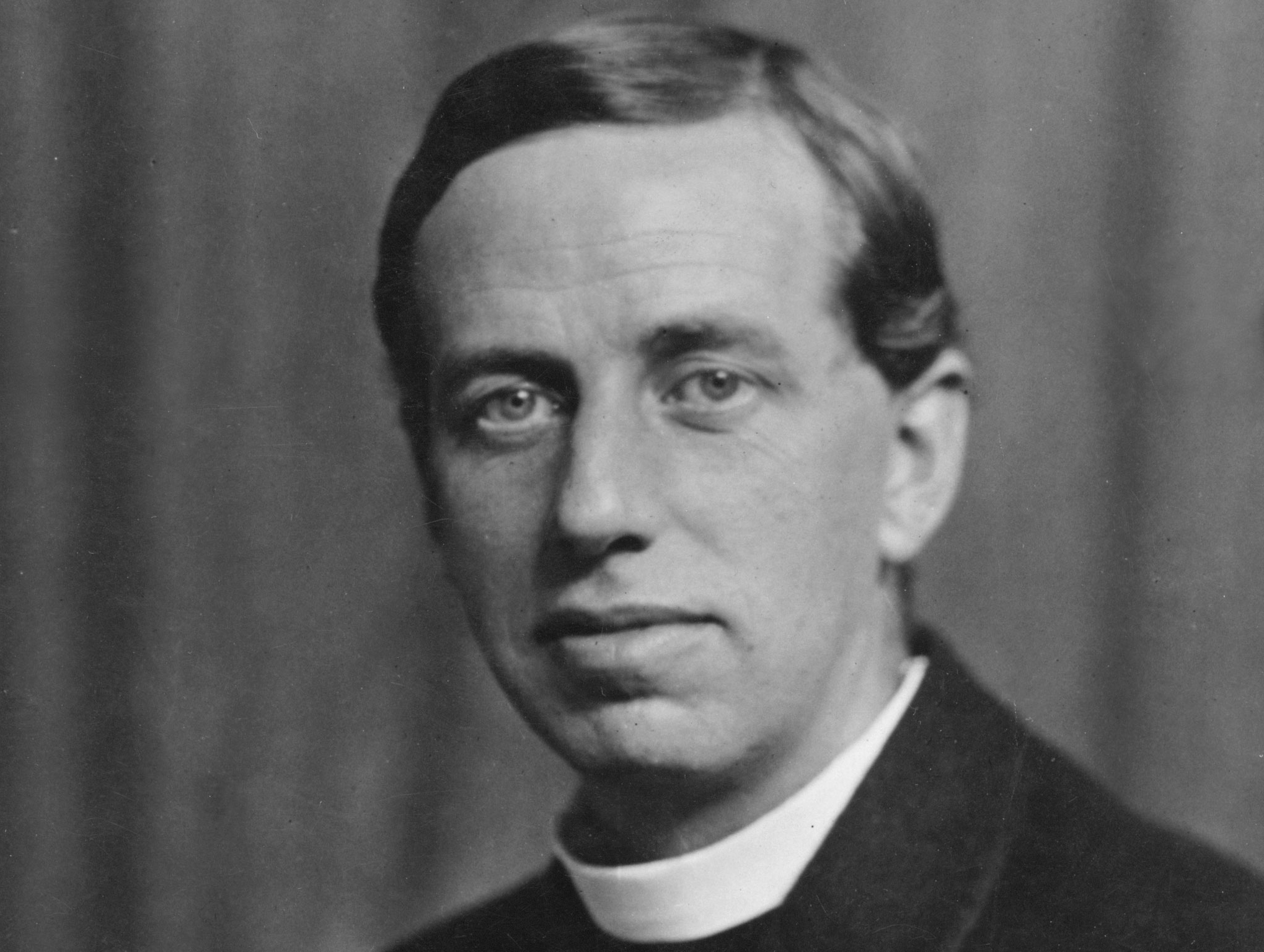
Your support helps us to tell the story
From reproductive rights to climate change to Big Tech, The Independent is on the ground when the story is developing. Whether it's investigating the financials of Elon Musk's pro-Trump PAC or producing our latest documentary, 'The A Word', which shines a light on the American women fighting for reproductive rights, we know how important it is to parse out the facts from the messaging.
At such a critical moment in US history, we need reporters on the ground. Your donation allows us to keep sending journalists to speak to both sides of the story.
The Independent is trusted by Americans across the entire political spectrum. And unlike many other quality news outlets, we choose not to lock Americans out of our reporting and analysis with paywalls. We believe quality journalism should be available to everyone, paid for by those who can afford it.
Your support makes all the difference.A Catholic priest known for his theological scholarship, Ronald Arbuthnott Knox single-handedly re-translated the Latin Vulgate Bible into English, and often wrote on religious themes. But he was also an editor, literary critic, and a humourist who wrote six decent mystery novels and three volumes of short stories, starting in the late 1920s. According to Evelyn Waugh, Knox saw his mysteries as "an intellectual exercise, a game between reader and writer, in which a problem was precisely stated and elaborately described."
In January 1926, Knox broadcast a hoax radio programme on the BBC suggesting that a revolution was sweeping London. He intercut the report with live dramatic links, including one of a government minister being lynched. The broadcast went out on a snowy weekend, and the lack of newspapers caused a minor panic as people assumed the revolutionaries had stopped them. It's been suggested that the broadcast influenced Orson Welles in the making of his War Of The Worlds hoax. The mischievous Father Knox also drew up his "Decalogue", a set of rules for fair play with the crime fiction reader of 1929. These were:
1 The criminal must be someone mentioned in the early part of the story, but must not be anyone whose thoughts the reader has been allowed to follow.
2 All supernatural or preternatural agencies are ruled out as a matter of course.
3 Not more than one secret room or passage is allowable.
4 No hitherto undiscovered poisons may be used, nor any appliance which will need a long scientific explanation at the end.
5 No Chinaman must figure in the story.
6 No accident must ever help the detective, nor must he ever have an unaccountable intuition which proves to be right.
7 The detective must not himself commit the crime.
8 The detective must not light on any clues which are not instantly produced for the inspection of the reader.
9 The stupid friend of the detective, the Watson, must not conceal any thoughts which pass through his mind; his intelligence must be slightly, but very slightly, below that of the average reader.
10 Twin brothers, and doubles generally, must not appear unless we have been duly prepared for them.
Knox was mainly joking, of course, but his rules have remained largely in place, or have been deliberately broken by authors seeking to prove him wrong. His novels have recently started to reappear as e-books.
Join our commenting forum
Join thought-provoking conversations, follow other Independent readers and see their replies
Comments